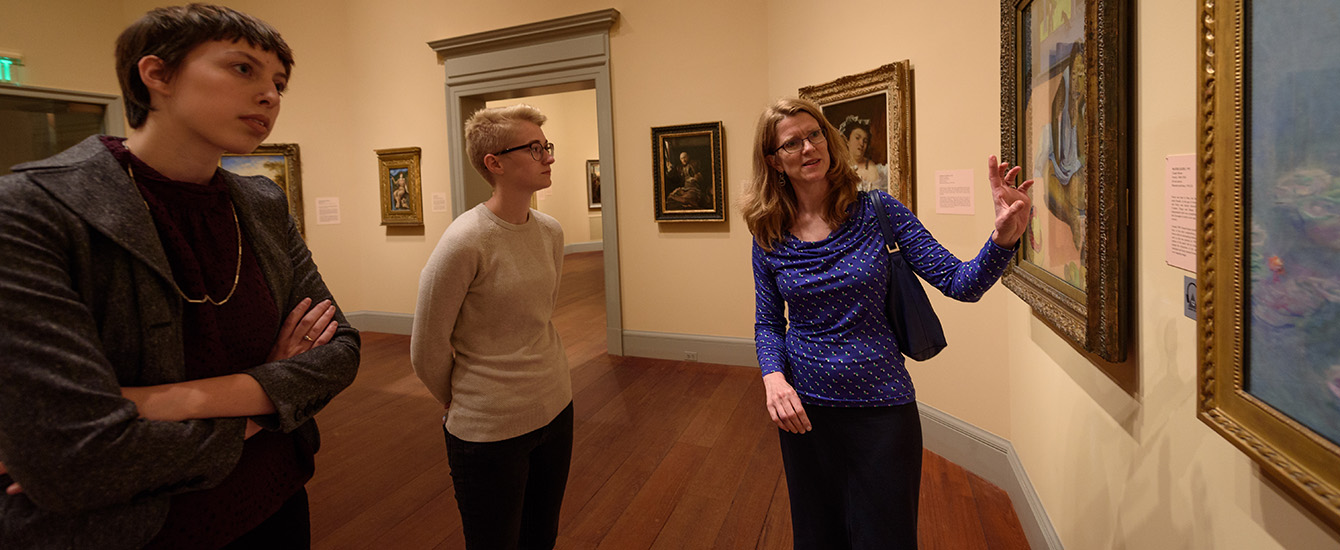Visual and Performing Arts
Bridging the communal gap: The politics of “Hindu–Muslim” Salman Bhaijaan
Document Type
Article
Abstract
Of the three Khans that dominate Bombay cinema, Salman Khan enjoys fan popularity amongst Muslims in India. This adoration and identification for Khan is surprising particularly because he has been publicly decried as a Muslim since his implicit support of prime minister Narendra Modi. And yet, his films often get released on the Muslim festival of Eid to tremendous box office success.
This article analyzes the intersection of fandom and stardom of Salman Khan to discuss how his stardom is a product of negotiations between the public discussions of his religious identity, interviews that seek to convey his star image as authentic, and the cinematic construction of the star as articulated through his roles. An analysis of media coverage of his films across newspapers that cross nations (India and Pakistan), languages (English, Hindi, and Urdu), and urban-rural divides, I examine the paratextual construction of him as a bhaijaan/brother that then impacts interpretation of his films within local, national, and global imaginaries. I argue that the implicit positioning of Salman Khan across the Hindu-Muslim divide becomes explicit through his roles in Ek tha Tiger (2012), Bajrangi Bhaijaan (2015), and even Sultan (2016). This article proposes that the discourse around what I call his “bhaijaanification” serves as an interruption to the fundamentalist trends within India and Bombay cinema that have become worse as a result of large-scale transnational Islamophobia since 2001, and indicates the extent of stardom’s auteurist function where it influences meanings that go beyond the cinematic and into the political.
Publication Title
South Asian Popular Culture
Publication Date
2020
Volume
18
Issue
3
First Page
201
Last Page
215
ISSN
1474-6689
DOI
1474-6689
Keywords
Bombay cinema, Salman Khan, India, fandom, Bollywood, Islamophobia, Kabir Khan, stardom
Repository Citation
Siddiqui, Gohar, "Bridging the communal gap: The politics of “Hindu–Muslim” Salman Bhaijaan" (2020). Visual and Performing Arts. 28.
https://commons.clarku.edu/faculty_visual_performing_arts/28



